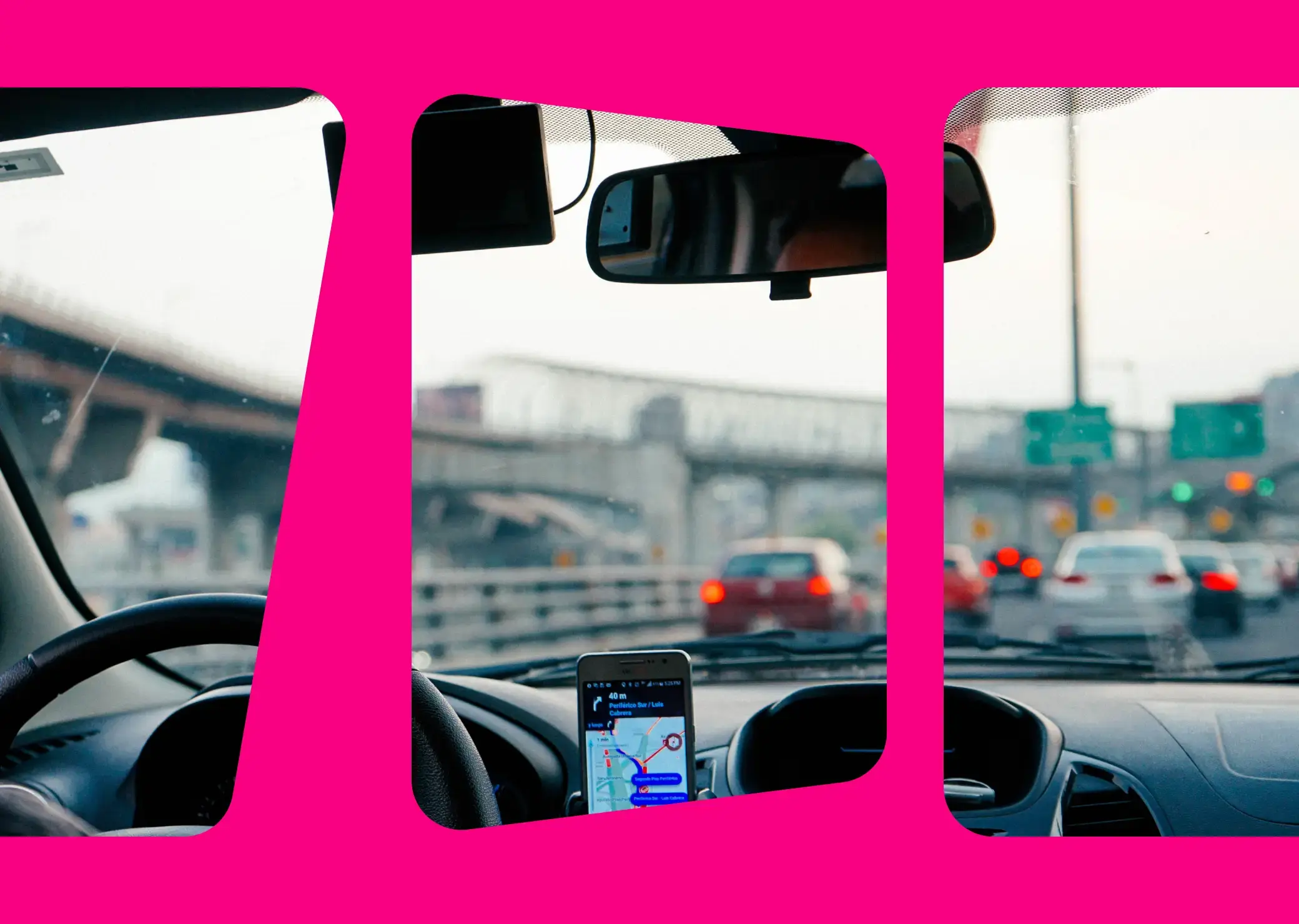- Carmoola
- Blog
- Car Finance
- Hire Purchase or leasing: Which one is right for me?
- 🗞 Car Finance
- Last updated: Apr 17, 2025
- 8 Min Read
Hire Purchase or leasing: Which one is right for me?
Written by

Verified by


See how much you can borrow in 60 seconds
| Representative Example | |
|---|---|
| Loan amount | £10,000 |
| Interest rate | 13.9% APR |
| 54 payments of | £246 |
| Total cost of credit | £3,284 |
| Option to purchase fee | £1 |
| Total payable | £13,285 |
If you're considering car finance options, you've likely come across Hire Purchase (HP) and leasing. Both are popular choices and have more in common than you might realise. With both options, you can spread the cost of a new or used car over an agreed period, making fixed monthly payments that cover the cost of the car and interest.
Here, we’ll look at how they each work, to help you find an option that fits you and your finances best.
In a nutshell, what’s the difference between hire purchase and leasing?
The key difference between Hire Purchase (HP) and leasing is the ownership.
With HP, your monthly payments are working towards you becoming the legal owner of the car once the agreement ends. After making all your payments, you’ll pay a final "Option to Purchase" fee, and the car is yours to keep.

On the other hand, leasing is more like a long-term rental. At the end of the lease term (typically between one and four years), you simply return the car. Some lease agreements may offer an option to buy the car, but this isn’t always the case.

How does Hire Purchase work?
The main advantages of HP are that you’re working towards full ownership, and there are generally no mileage restrictions, making it a solid choice if you’re looking for a car to go the distance with. Here’s how it works:
1. Optional deposit
When you take out a HP agreement, you'll usually put down an initial deposit, although some ‘no deposit’ options are available.
2. Monthly payments
After your deposit, you’ll make fixed monthly payments over the term of the agreement, which typically lasts between one and six years. These payments include both the cost of the car and interest, which is worked out based on your credit profile, the length of the contract, and the cost of the car itself. While you make these payments, you’re the registered keeper of the car, but the lender remains the legal owner until you’ve completed all payments.
- You cannot make modifications to the car or sell it during the agreement.
- You’re responsible for things like maintenance, insurance, fuel, and MOT costs, and you’ll also need to ensure the car is in good condition throughout the agreement.
- No mileage limits like you might find with other finance options (such as PCP), so you’re able to drive as much as you want without incurring excess mileage charges.
3. Final payment
Once your payments are complete, you’ll make a final "Option to Purchase" payment (typically a one-off payment of £100 - £200, however, here at Carmoola it’s only £1) and any paperwork fees. At this point, the car is yours, and you’re the legal owner! In essence, HP is a way of gradually buying your car, with the car becoming your property at the end of the contract. It’s ideal for those who want to own their car outright, but may not have the funds upfront to buy it outright.
How does car leasing work?
Leasing is the long-term rental of a car over a set term with no option for ownership. It’s a great choice for those who like the idea of having a new car every few years without worrying about the long-term maintenance and depreciation that comes with car ownership. Here’s how leasing works:
1. Initial payment
Much like HP, you’ll likely need a deposit, though the amount can vary based on your agreement. Some lease deals may offer the option of a low or zero deposit, though this will impact your monthly cost. Usually, you’ll be asked to pay three, six, or sometimes nine months worth of payments in advance.
2. Monthly payments
After your deposit, you’ll make fixed monthly payments for the length of your lease (usually between one to four years). Like HP, you’ll be the registered keeper of the vehicle, so you’re responsible for maintaining the car, fuel, and insurance, and there may be mileage limits (with penalties for exceeding them). Some leases include a maintenance package, which covers servicing and repairs, often for an extra cost.
3. End of lease
At the end of the term, you simply return the car to the lender. You may be charged for any excess mileage or damages, and there’s typically no option to buy the car unless explicitly stated in your agreement.
4. Flexibility and ugprades
One of the most attractive benefits of leasing is the flexibility it offers. When your lease term is up, you’ll have options to either start a new lease on a different car, or walk away entirely. This is ideal if you like having the latest model and want to upgrade every few years without the hassle of selling an older car.
Choosing the right option
The right option is always the one that fits your budget and long-term goals best, so there’s no one right answer.
Hire Purchase could be the best choice if you want to eventually own your car and keep it for many years. It’s also ideal if you drive long distances regularly, as there are no mileage restrictions.
Leasing is a flexible option if you prefer to change cars every few years or want to avoid the responsibilities that come with ownership (like worrying about depreciation or maintenance). It’s also worth considering if you drive less or mainly use your car for business, as special lease rates might apply.
FAQs about hire purchase
Hire Purchase vs leasing Which is better?
Hire Purchase vs leasing Which is better?
Hire Purchase could be the best choice if you want to eventually own your car and keep it for many years. It’s also ideal if you drive long distances regularly, as there are no mileage restrictions.
See how much you can borrow in 60 seconds
| Representative Example | |
|---|---|
| Loan amount | £10,000 |
| Interest rate | 13.9% APR |
| 54 payments of | £246 |
| Total cost of credit | £3,284 |
| Option to purchase fee | £1 |
| Total payable | £13,285 |
Related articles
PCP vs leasing: Which is better?
If you’re looking into your options for car financing, it can be confusing. Personal Contract Purchase (PCP) and leasing both...
What’s the difference between car leasing and subscriptions?
Looking for a new car, but not sure about committing to actually buying and owning one? It makes sense - our attitude to owning...
Car finance vs leasing: Which is better?
If you're considering how to fund your next vehicle, understanding the differences between car finance (HP and PCP) and leasing...

.webp?width=832&height=592&name=customer-support%20(1).webp)










.webp?width=400&height=285&name=online-shoppers-with-dog%20(1).webp)


.jpg?width=500&height=356&name=Vintage%20car%20going%20to%20an%20old%20town-1%20(1).jpg)





